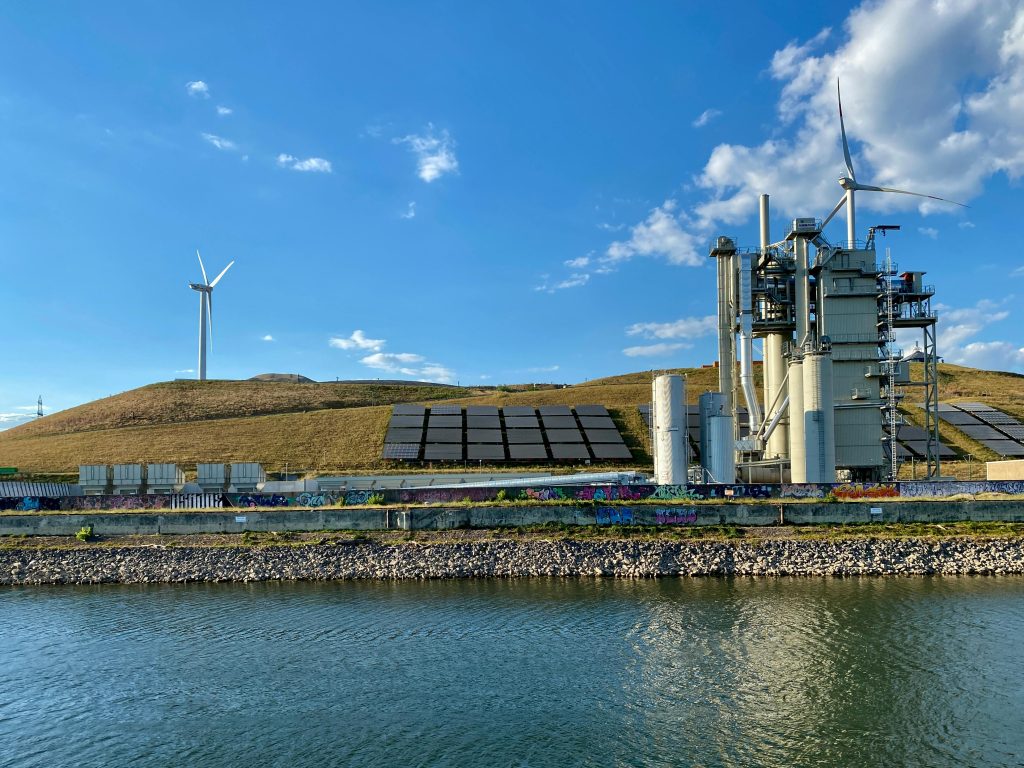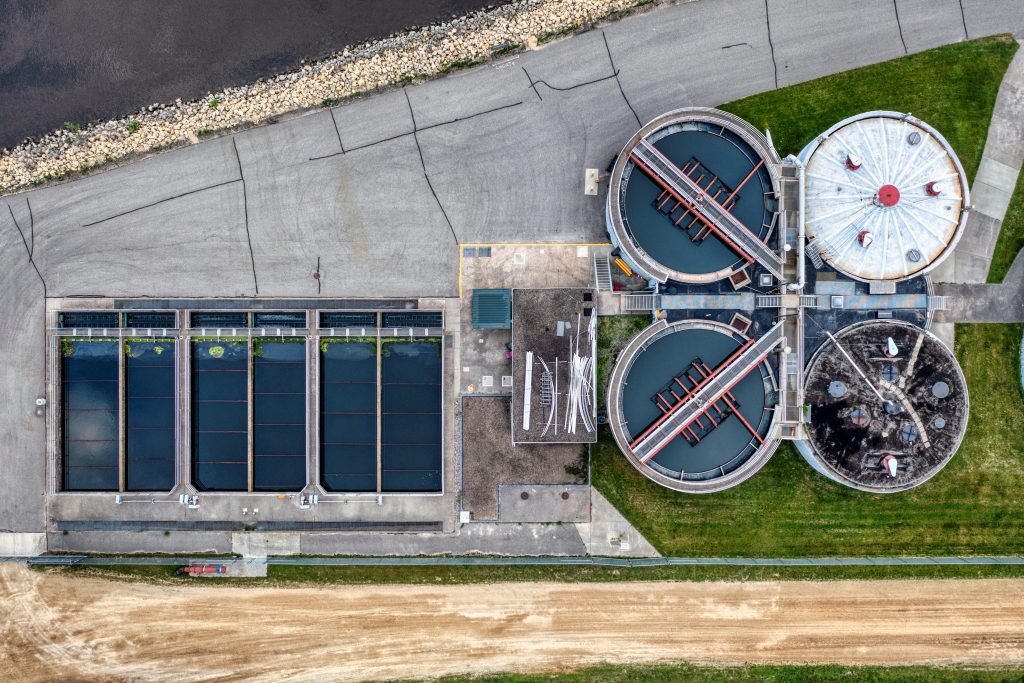As the global demand for clean water continues to rise, the need for innovative and sustainable water treatment technologies has never been more urgent. Traditional water treatment methods, while effective, often consume significant energy and resources, making them less viable in the face of climate change and resource scarcity. Fortunately, advancements in technology are paving the way for more efficient, eco-friendly, and cost-effective solutions. This article explores cutting-edge water treatment technologies that are shaping a sustainable future, focusing on their benefits, applications, and potential to address global water challenges.
The Need for Innovative Water Treatment Solutions
Water is essential for life, yet millions of people worldwide lack access to clean and safe water. Industrialization, urbanization, and climate change have further strained water resources, leading to pollution, scarcity, and inefficiencies in water treatment systems. To address these challenges, the water treatment industry is embracing innovative technologies that not only improve efficiency but also minimize environmental impact.
Innovative water treatment solutions aim to:
- Reduce energy consumption and operational costs.
- Minimize chemical usage and waste generation.
- Enhance the quality of treated water.
- Promote the reuse and recycling of water resources.
Cutting-Edge Water Treatment Technologies
Membrane Filtration Systems
Membrane filtration technologies, such as reverse osmosis (RO), ultrafiltration (UF), and nanofiltration (NF), are revolutionizing water treatment. These systems use semi-permeable membranes to remove contaminants, including bacteria, viruses, and dissolved salts, from water. Advances in membrane materials have improved their efficiency, durability, and affordability, making them ideal for both industrial and municipal applications.

Advanced Oxidation Processes (AOPs)
Advanced oxidation processes use powerful oxidants, such as ozone, hydrogen peroxide, and ultraviolet (UV) light, to break down complex pollutants in water. AOPs are particularly effective in treating industrial wastewater and removing persistent organic pollutants, pharmaceuticals, and microplastics. These processes are chemical-free and environmentally friendly, making them a sustainable choice for water treatment.

Electrocoagulation
Electrocoagulation is an innovative technology that uses electrical currents to remove contaminants from water. This process destabilizes suspended particles, emulsified oils, and heavy metals, allowing them to be easily filtered out. Electrocoagulation is energy-efficient, requires minimal chemical input, and produces less sludge compared to traditional coagulation methods.
Biofiltration and Phytoremediation
Biofiltration uses natural materials, such as sand, gravel, and activated carbon, along with microorganisms, to remove contaminants from water. Phytoremediation, on the other hand, involves using plants to absorb and break down pollutants. These eco-friendly solutions are cost-effective and ideal for treating stormwater, agricultural runoff, and low-strength wastewater.

Solar-Powered Desalination
Desalination is a critical solution for water-scarce regions, but traditional methods are energy-intensive. Solar-powered desalination systems harness renewable energy to convert seawater into freshwater, making the process more sustainable. Innovations in solar desalination, such as photovoltaic-powered reverse osmosis, are reducing costs and expanding access to clean water.

Smart Water Treatment Systems
The integration of IoT (Internet of Things) and AI (Artificial Intelligence) in water treatment is transforming how systems are monitored and controlled. Smart sensors and data analytics enable real-time monitoring of water quality, predictive maintenance, and optimization of treatment processes. These systems improve efficiency, reduce operational costs, and ensure consistent water quality.

Benefits of Innovative Water Treatment Technologies
- Sustainability: Many of these technologies use renewable energy, reduce chemical usage, and minimize waste, making them environmentally friendly.
- Cost-Effectiveness: Innovations such as solar-powered desalination and electrocoagulation lower operational costs and energy consumption.
- Scalability: These solutions can be adapted for various applications, from small-scale community systems to large industrial plants.
- Improved Water Quality: Advanced technologies remove a wide range of contaminants, ensuring safe and clean water for consumption and reuse.
Applications of Innovative Water Treatment Technologies
- Municipal Water Treatment: Cities are adopting advanced filtration and oxidation processes to provide clean drinking water and treat wastewater.
- Industrial Wastewater Treatment: Industries are using electrocoagulation and biofiltration to meet regulatory standards and reduce environmental impact.
- Agricultural Water Management: Farmers are leveraging phytoremediation and rainwater harvesting to optimize water use and reduce runoff pollution.
- Remote and Off-Grid Areas: Solar-powered desalination and portable treatment systems are providing clean water to underserved communities.
The Future of Water Treatment: Trends to Watch
Decentralized Water Treatment Systems
Decentralized systems, such as modular treatment units and community-based solutions, are gaining popularity. These systems reduce the need for extensive infrastructure and are ideal for remote or rapidly growing urban areas.
Circular Water Economy
The concept of a circular water economy emphasizes recycling and reusing water to create a closed-loop system. Innovative treatment technologies will play a key role in enabling this transition.
Integration of AI and Machine Learning
AI and machine learning will further enhance water treatment by optimizing processes, predicting system failures, and improving resource management.
Focus on Zero Liquid Discharge (ZLD)
ZLD systems, which eliminate wastewater discharge by recycling all water, are becoming a priority for industries aiming to achieve sustainability goals.
Conclusion
Innovative water treatment technologies are essential for building a sustainable future. By adopting solutions such as membrane filtration, advanced oxidation, and solar-powered desalination, we can address global water challenges and ensure access to clean water for all. These technologies not only improve efficiency and reduce costs but also minimize environmental impact, making them a cornerstone of sustainable development.
The future of water treatment is bright, and those who embrace these innovations will lead the way in creating a water-secure world.
References
- “Advancements in Membrane Filtration Technologies” – ScienceDirect
- “Solar-Powered Desalination: A Sustainable Solution” – Renewable Energy World
- “The Role of AI in Water Treatment” – IoT Analytics
- “Biofiltration and Phytoremediation for Water Treatment” – Environmental Protection Agency